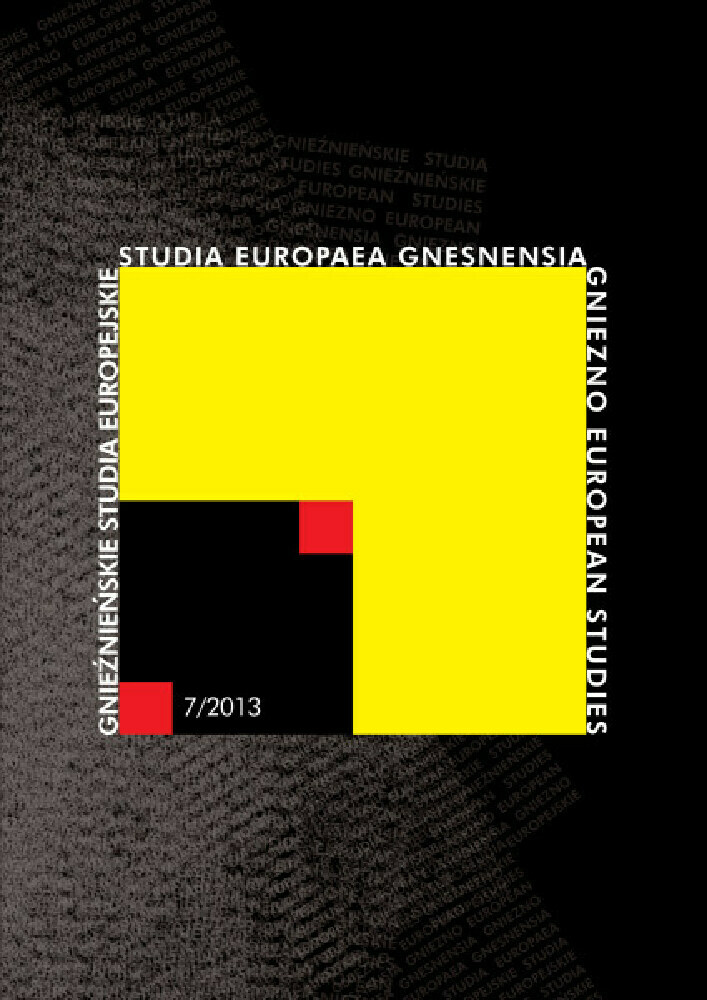Abstrakt
Artykuł ukazuje główne funkcje języka, które pełni w społeczności. Specyfika języka w procesie przekazywania treści kulturowych jest w ostatnich latach szczególnie istotna ze względu na współwystępowanie przekazów językowych z całą gamą zachowań kulturowych. Do najistotniejszych kwestii należy bez wątpienia sposób, w jaki kolejne pokolenia dowiadują się o tradycjach lokalnych oraz to, jak będą tę wiedzę pielęgnować i przekazywać dalej. W artykule pokazano konkretne przykłady tradycji, które niekoniecznie muszą wiązać się ze skostniałymi sposobami przekazów kulturowych, wręcz odwrotnie: powinny i mogą inspirować młode pokolenia do ich “nabywania”.
Bibliografia
Berger P., Luckmann T., Społeczne tworzenie rzeczywistości, Warszawa 1983, p. 153.
Burszta W.J., Antropologia kultury. Tematy, teorie, interpretacje, Poznań 1998, p. 170.
Głowacka-Grajper M., Współczesność na usługach tradycji. Działania tradycyjnych i “nowoczesnych” liderów romskich, [in:] Adamowski J., Stych J., (ed.), Tradycja dla współczesności. Ciągłość i zmiana 2: Tradycja w tekstach kultury, Lublin 2009, p. 36.
Lis H., Lis P., Kuchnia Słowian. O żywności, potrawach i nie tylko…, Kraków 2009, p. 211.
Przybylak Z., Wielkanoc w polskim domu, Poznań 2005, p. 34.
Schulz R., Antropologiczne podstawy wychowania, Warszawa 1996, p. 238.
Ziemski F., Wybrane problemy tradycji wychowania, [in:] B. Dymara (ed.), Dziecko w świecie tradycji, Kraków 2010, p. 239.
Licencja
Copyright © 2013 by IKE and PTPN
